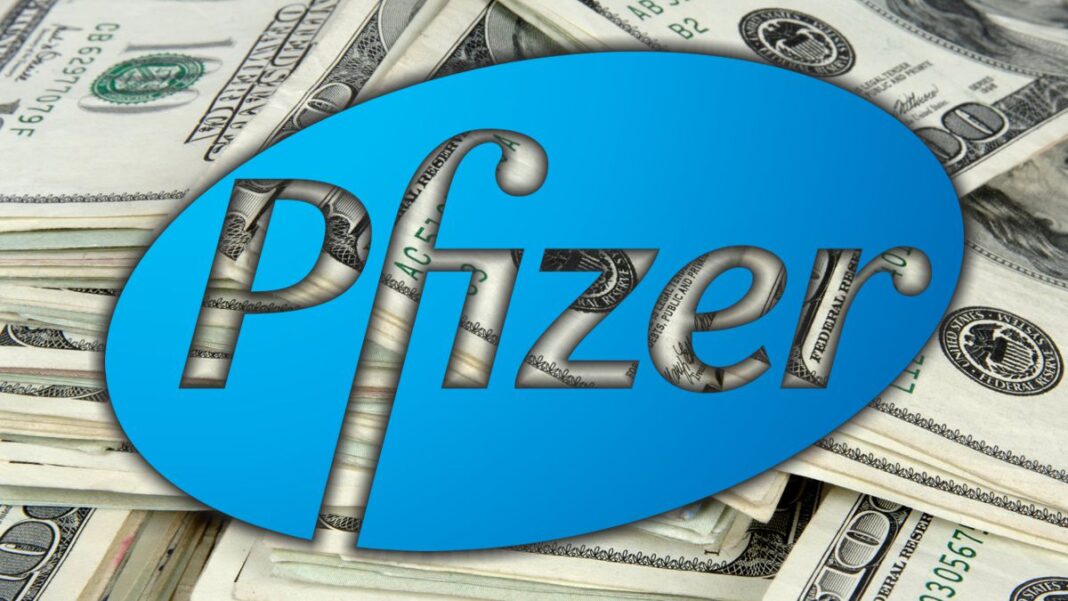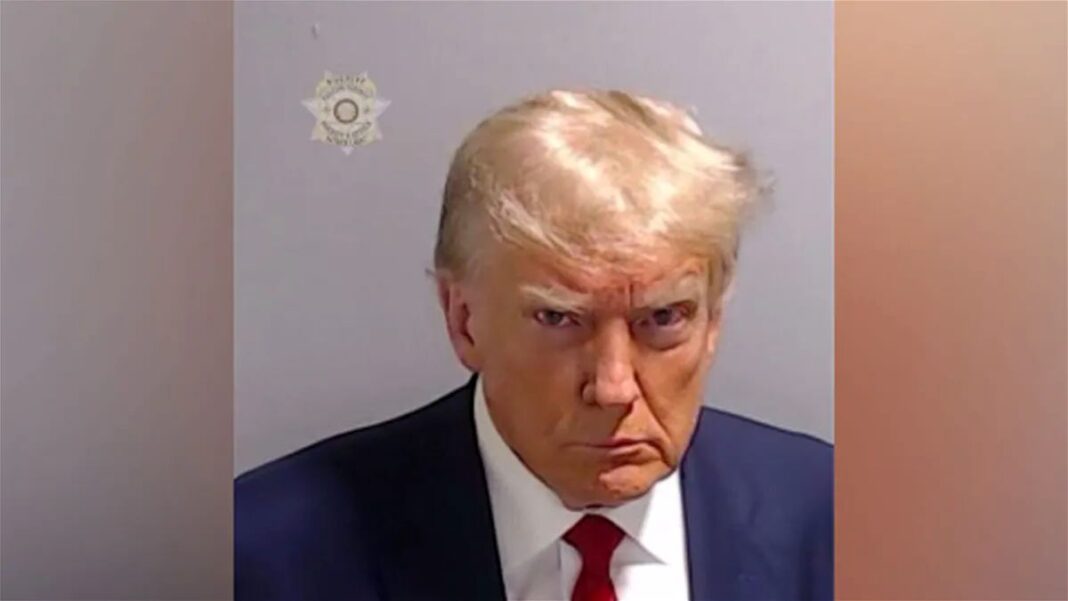Pfizer and its partner BioNTech have asked a U.S. court to revoke Moderna’s patents for COVID-19 vaccine technology.
Pfizer and BioNTech said in new filings to the U.S. Patent and Trademark Office’s Patent Trial and Appeal Board that Moderna’s patents are so broad that they essentially “coopt the entire field” of messenger RNA technology, which is used in some COVID-19 vaccines.
The patents, obtained during the COVID-19 pandemic, are “unimaginably broad” and cover technology that was known long before 2015, when Moderna says it developed the technology, one filing stated.
Moderna didn’t respond to a request for comment.
One Moderna patent being challenged covers messenger RNA vaccines with the spike protein or spike protein subunit of any betacoronavirus, such as COVID-19, delivered into the human body through a lipid delivery system. Another covers similar technology.
Pfizer and BioNTech are seeking an inter partes review of a trial at the board that would go over whether the technology Moderna patented was already described.
Scientists found in 1990 that messenger RNA could be used in ways that would improve vaccines, and in 1993, scientists found that vaccines with the technology produced an immune response, Pfizer and BioNTech told the court.
They pointed to experiments that Dr. Robert Malone and others reported in 1990 in Science magazine and tests described in a 1993 paper in the European Journal of Immunology.
Federal law governing patents says that a person shall be entitled to a patent unless the claimed invention was “patented, described in a printed publication, or in public use, on sale, or otherwise available to the public before the effective filing date of the claimed invention.”
Inter partes reviews adjudicate challenges on that basis, an area of patent law known as “prior art.”
Subsequent improvements to the technology, such as using lipid nanoparticles to deliver the messenger RNA, were also described in public materials before Moderna requested patents, the filings say.
That includes a patent filed in 2013 that outlined the delivery system.
The patent “is prior art” under the law, Pfizer and BioNTech said.
The patent court hasn’t yet ruled on the filings.







